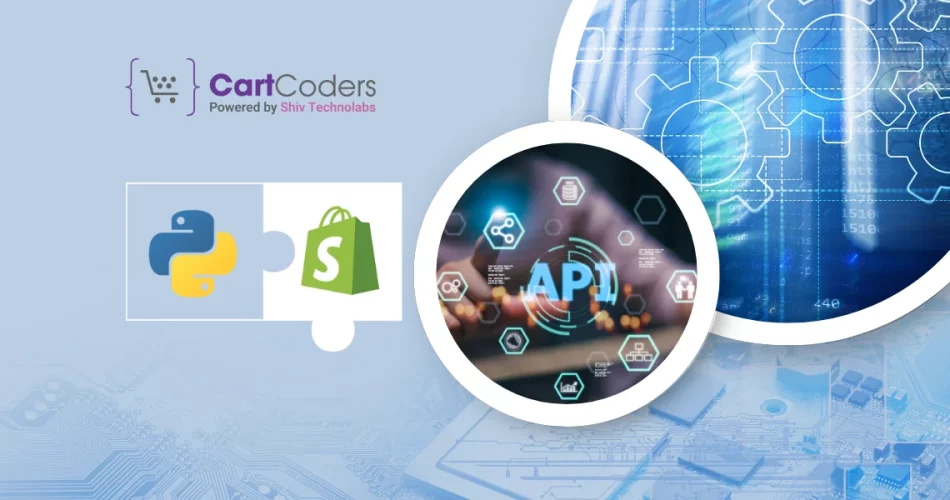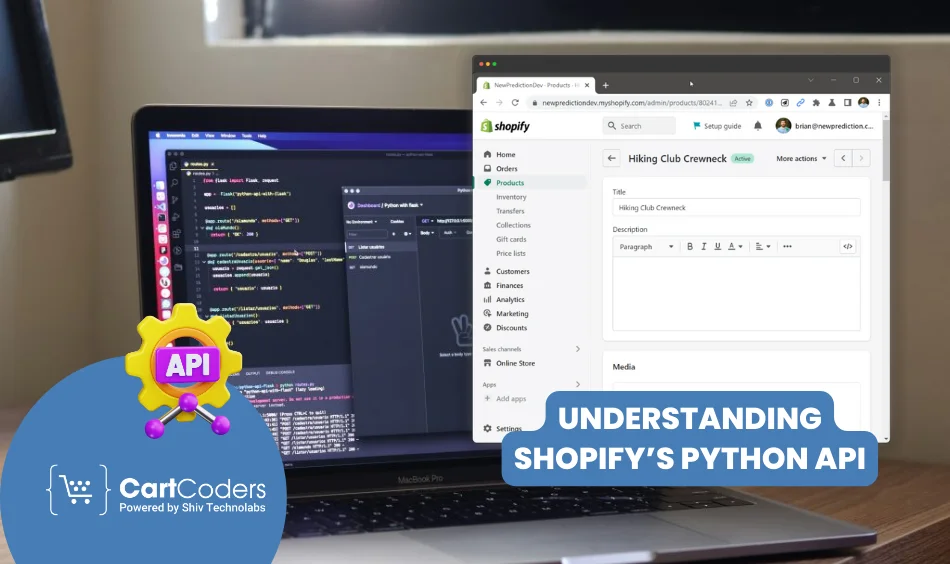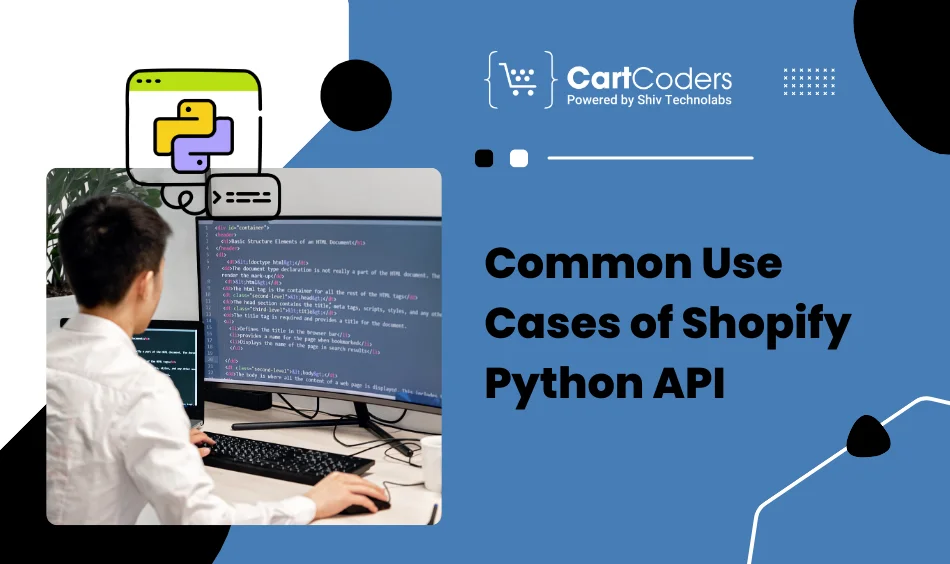Custom Engagement Solutions
Unlock tailored solutions with a free, no-obligation strategy session.
Expert Developers & Engineers on Demand
Scale Your Team with Skilled IT Professionals
Expert Guidance for Digital Transformation

With the Shopify platform, businesses have benefited by having an avenue to sell their products online easily. Shopify’s gross profit for Q3 2024 stood at $1.12 billion, up from $901 million in Q3 2023, reflecting a 24% year-over-year growth. However, to reach its utmost capability, several firms have opted for Shopify API integration with Python. With the help of it, one can control the entire store and its functioning and provide individual approaches to shopping.
Whether you are in essence trying to control inventory, seek to process orders or even implement other additional tools, Shopify Python API can help out here. In this guide, you are going to find intended use of services, the advantages of its integration, practical examples of how businesses can benefit, and why it can be useful to hire specialists.

Shopify API is an application that allows users to interact with Shopify platform by writing in Python and doing coded operations. In this API business can easily control their store, product, order, and customer without operating the shopify site by themselves.
Using Shopify Python API, several opportunities can be derived by businesses as discussed below:
In order to access Shopify’s API, merchants have to develop an application which interfaced with the store. When connected, it is possible to perform read and write operations on the store information in the program.
By using Shopify API, business can update products, maintain consistency between the store catalog and inventory, and filter out products that customers cannot purchase. This reduces the instance wherein certain products are sold and the clients are later informed that they are out of stock by the time they decide to purchase them.
Shopify’s API is designed with the Python language and assists client firms in receiving, modifying, and fulfilling orders without entering them individually. This makes the order to be accurate and less time consuming when it is being processed.
Some of the functions of the API include data storage, which facilitates timely analysis to enhance the provision of appropriate services to the customers. It helps to track customers’ purchases, advertise specific offers that may interest the customer and improve the customer company relations.
Shopify integrates the store with customer relationship management applications, email marketing platforms, financial management applications, and Shopify app development services. It is beneficial because it harmonizes data exchange from one platform to another.

Inventory tracking may be an area that benefits from automation when a business deals with high-volume orders. Rather than making several manual operations, the API is capable of forwarding order details to the fulfillment centers, tracking the status of delivery, and inform customers.
Suppose a business is managing multiple sales channels such as websites, Shopify, Amazon, and eBay. In that case, the inventory will be updated in real-time, products will not be sold out on one channel, and products will be in stock on another channel.
A good example is through analyzing customer’s behavior that is relative to their shopping, companies are able to design loyalty cards that will make the customers keep returning in large numbers.
Also Read:- Top 10 Loyalty and Rewards Apps for Shopify Stores
Most companies want more features than what Shopify provides. The ability to develop applications for the Shopify platform is one that is highly valued and allows businesses to set up custom applications that meet their requirements.
For those who have more than one store, API integration helps to manage multiple stores concurrently – inventory, orders, and customers’ data.
Shopify’s Python API is very useful for managing the store and the customers’ experience, as well as integration with other applications. However, for it to be effective, a proper implementation has to be ensured in order to fully realize its advantages.
Are you in search of a reliable Shopify integration services provider? Look no further than CartCoders. Being one of the top Shopify integration companies and Shopify application development companies, CartCoders can help you create innovative, robust, and functional eCommerce solutions. Contact us today to level up your Shopify store!
Projects delivered in 15+ industries.
95% retention rate, building lasting partnerships.
Serving clients across 25+ countries.
60+ pros | 10+ years of experience.